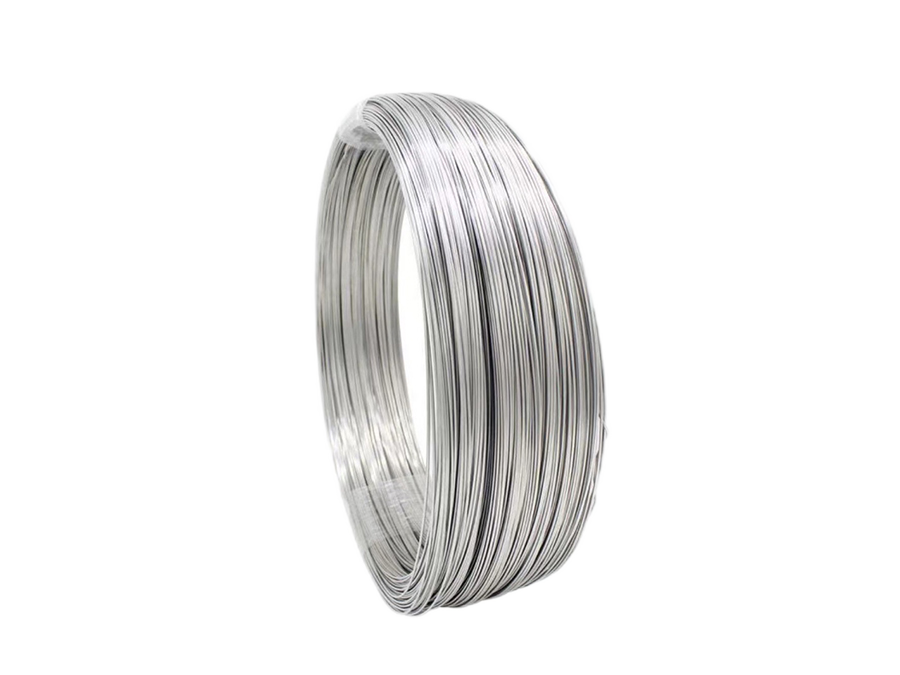The Ultimate Guide to Valve Parts-Ring: Everything You Need to Know
Release time:
2024-05-31 16:54
**Introduction**
Valve parts-rings are an essential component of industrial valves, playing a crucial role in controlling the flow of fluids and gases in various industrial processes. In this ultimate guide, we will delve into the world of valve parts-rings, exploring their types, functions, and importance in different industrial applications.

**Types of Valve Parts-Rings**
* **O-Rings:** O-rings are one of the most commonly used types of valve parts-rings. They are circular elastomers that create a seal between two mating surfaces, preventing leaks and ensuring proper valve function.
* **V-Rings:** V-rings, also known as Vee-rings or Vee-packings, are versatile sealing components used in high-pressure applications. They provide excellent sealing performance and are resistant to extrusion and wear.
* **Quad Rings:** Quad rings, also known as X-rings or square rings, are designed to provide improved sealing performance compared to traditional O-rings. They offer better stability and resistance to twisting, making them ideal for dynamic sealing applications.
**Functions of Valve Parts-Rings**
Valve parts-rings serve several critical functions in industrial valves, including:
* **Sealing:** Valve parts-rings create a tight seal between moving components, preventing leaks and ensuring the efficient operation of the valve.
* **Pressure Resistance:** Valve parts-rings are designed to withstand high pressures, ensuring that the valve can function effectively in demanding industrial environments.
* **Chemical Resistance:** Some valve parts-rings are made from materials that are resistant to chemicals, ensuring that the valve can handle corrosive fluids and gases.
**Importance of Valve Parts-Rings in Industrial Applications**
Valve parts-rings play a vital role in various industrial applications, including:
* **Oil and Gas Industry:** Valve parts-rings are used in valves that control the flow of oil and gas in drilling operations, refineries, and pipelines.
* **Chemical Industry:** Valve parts-rings are essential in valves used to handle corrosive chemicals and acids in chemical processing plants.
* **Water Treatment Plants:** Valve parts-rings are utilized in valves that regulate the flow of water in water treatment plants, ensuring efficient and reliable operation.
**FAQs**
1. What are the common materials used to make valve parts-rings?
2. How do valve parts-rings create a seal in industrial valves?
3. What is the difference between O-rings and V-rings?
4. How often should valve parts-rings be replaced in industrial valves?
5. Can valve parts-rings withstand high temperatures and pressures?
**Conclusion**
Valve parts-rings are a critical component of industrial valves, ensuring proper sealing, pressure resistance, and chemical resistance in various industrial applications. By understanding the different types and functions of valve parts-rings, you can make informed decisions when selecting and maintaining valves for your industrial processes. Explore the world of valve parts-rings and discover their essential role in ensuring the smooth operation of industrial equipment and components.
valve parts-ring
Related News
The Art and Precision of Forging: Unlocking the Benefits of Precision Forging
2025-06-20
Precision forging is a sophisticated manufacturing process that significantly enhances the mechanical properties and dimensional accuracy of metal components. This technique involves shaping metal into desired forms through the application of high pressure, often at elevated temperatures. Unlike traditional forging methods, precision forging utilizes advanced technology and precise control mechani
Understanding Precision Forging: Key Insights for Professionals in Metalworking
2025-06-18
Precision forging is a sophisticated manufacturing process that involves shaping metal components through the application of controlled pressure and heat. This technique is distinguished by its ability to create parts with exceptional accuracy, consistency, and strength, making it a preferred choice in industries where precision is paramount. One of the primary advantages of precision forging is i
How Monel K500 Forging Enhances Corrosion Resistance in Metal Parts
2025-06-17
Introduction to Monel K500: The Corrosion-Resistant Metal Monel K500 is a nickel-copper alloy renowned for its exceptional corrosion resistance, strength, and versatility. It stands out in various industries, including marine, chemical processing, and aerospace, where metal components must endure harsh environments. This article delves into how the forging process of Monel K500 enhances its corr


